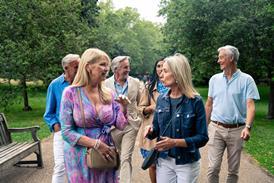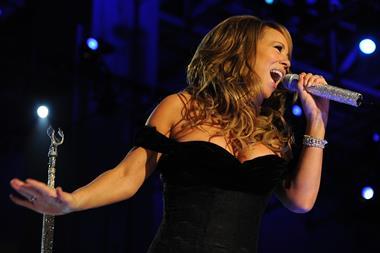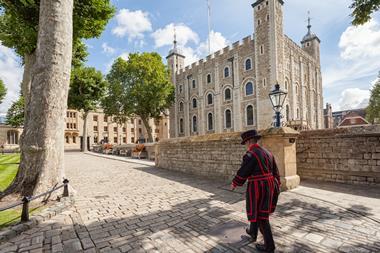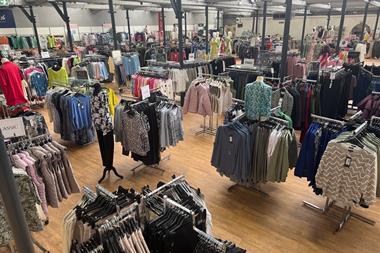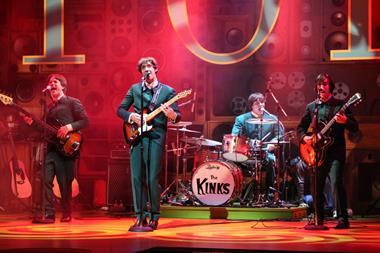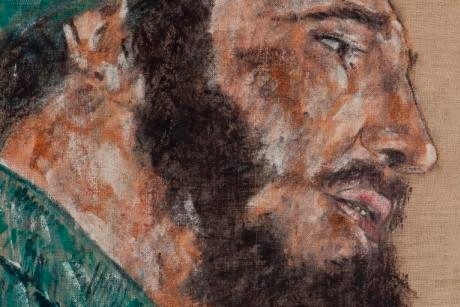
A new exhibition of work by American artist Leon Golub has opened at the National Portrait Gallery in London this month.
The exhibition, titled Leon Golub Powerplay: The Political Portraits, will run until 25th September, with a main focus on the artist’s political portraits from the 1970s.
Groups visiting the gallery will be able to see paintings of heads of state, corporate, military and religious figures, derived from their media representations.
There are portraits of some of the 20th century’s most powerful leaders including Castro, Pinochet and Brezhnev, and this is the first time that the pieces are being shown in the UK.
Highlights
The display encompasses 18 portraits of 13 men in a variety of positions of power.
These range from politicians such as Henry Kissinger, John Foster Dulles, Valery Giscard D’Estaing and Michael Foot to revolutionaries such as the Algerian Houari Boumediene and American mayor and police chief Frank Rizzo.
There are also four portraits of the Spanish general Francisco Franco at different stages of his life, including one of him ‘in casket’ following his death.
More about Leon Golub
Best known for his large-scale paintings of mercenaries, interrogations, torture and riots, Leon Golub explored the effects of power upon the body through facial expression, gesture and dress.
His source material came from the mass media – showing how power is imaged through the camera lens – a process which he saw as serving political, military or social interests.
Group visits
Leon Golub Powerplay: The Political Portraits is the latest display in the gallery’s Interventions series, a programme of special 20th century displays that focuses on unconventional approaches to portraiture.
The exhibition is free for groups to enter. GTOs can organise a self-guided tour of the National Portrait Gallery, or book in advance to have a specialist talk in one of the galleries.
For further group travel information visit npg.org.uk.
Pictured: Fidel Castro I by Leon Golub, 1977. (Photo credit: Michael Tropea, Chicago).



